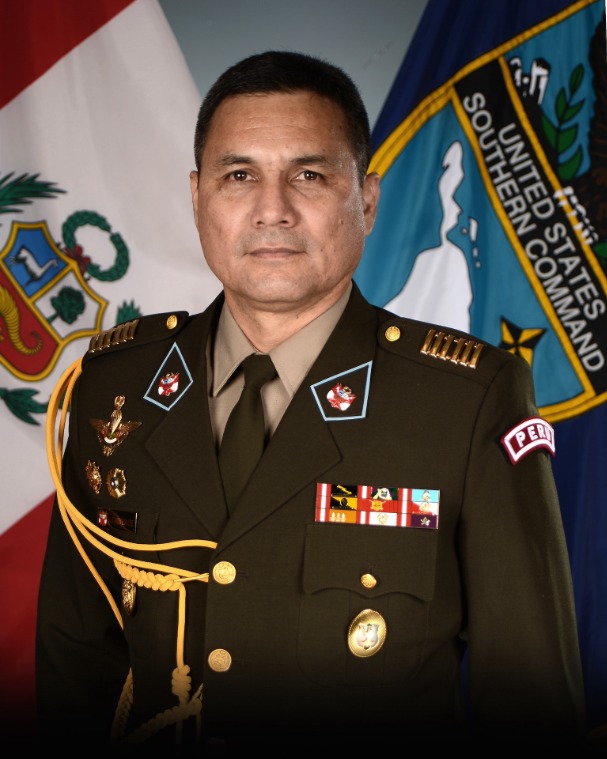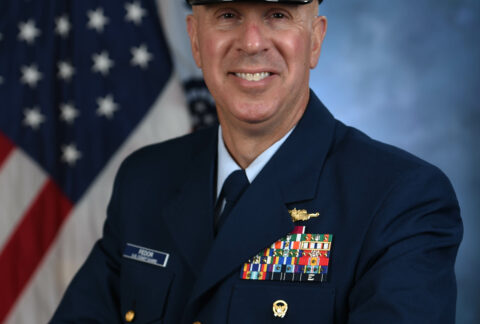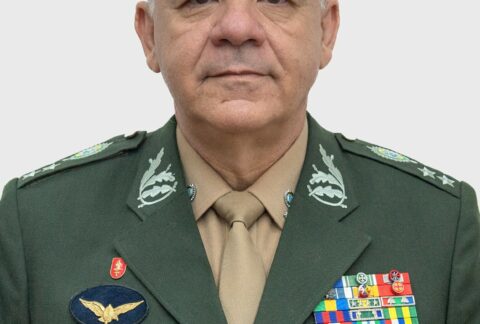Peruvian Army Colonel Sandor Gálvez is one of 11 partner nation military advisors (PNMA) at U.S. Southern Command (SOUTHCOM).
Throughout his 30-year career, Col. Gálvez, who was born in Lima, has held command positions at various levels and brings a wealth of experience in the field of counterterrorism, most recently in the Apurimac, Ene, and Mantaro Rivers Valley (VRAEM), where he gained experience in the planning and execution of unconventional warfare operations. He also served as chief of the Peace Missions Sub-Directorate in 2021.
Col. Gálvez has earned several master’s degrees and a doctorate. He joined the PNMA program at SOUTHCOM in February 2022.
Diálogo: How important is it for Peru to take part in the PNMA?
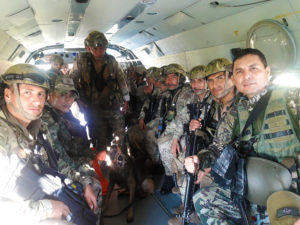
Peruvian Army Colonel Sandor Gálvez, Partner Nation Military Advisor at SOUTHCOM: I think it’s important to share experiences in order to improve our procedures in the fight against common threats in the region, such as terrorism and narcotrafficking, as well as for the cooperation that must exist to combat them. These processes will strengthen multilateral relations between SOUTHCOM’s partner nations and allies.
Another important point is the participation in the training and exercises offered, such as PANAMAX, UNITAS, and Fuerzas Comando, and gain experience as these are carried out.
In addition, it’s important to participate in the PNMA to strengthen ties of cooperation, fraternity, friendship, and camaraderie with partner nations and allies in order to standardize procedures in the fight against regional threats.
Diálogo: SOUTHCOM has 11 officers in the PNMA. Why is it important for partner nations in the Western Hemisphere to join this program?
Col. Gálvez: We should join in the interest of strengthening cooperation and collective security in the region. Let us not forget that threats are common to our countries and united we are stronger.
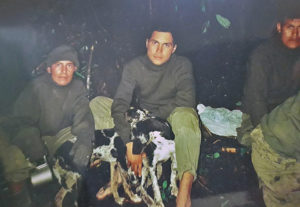
Strengthening our multilateral relations with SOUTHCOM’s partner nations and allies is of the utmost importance because we could face a complex operational scenario in the future in which we all participate as a team.
Diálogo: What are your goals as Peru’s representative at SOUTHCOM?
Col. Gálvez: My goals are the following:
To contribute to achieving my country’s military objectives, which are basically based on the fight against common threats, which in turn will contribute to regional pacification, for which we must align our efforts with those of SOUTHCOM and as such contribute to the success of our objectives.
Receive technological and intelligence assistance to combat transnational threats.
To gain experience in cyber defense operations in order to transfer this knowledge to my country; and to counter threats associated with remote work and/or internal threats within military institutions.
Diálogo: What are your priorities at the moment?
Col. Gálvez: Basically, it’s to increase cooperation (equipment, technology, and training) and exchange with SOUTHCOM, as well as with partner nations, in order to counteract terrorist radicalization and organizations that engage in narcotrafficking. For that, we need to train our intelligence agents and receive technology that will allow us to capture the main leaders of these transnational criminal organizations.
It’s also very important to keep increasing the capabilities of the special forces, who are the ones who come into direct contact with these threats. Tactical training is very important to meet operational objectives at different levels.
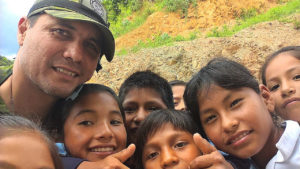
I also consider training and cooperation in the cyber defense aspect to be of the utmost importance to be able to counter cyberattacks.
Diálogo: How has the coronavirus pandemic affected Peru and how have the Armed Forces helped civilian authorities?
Col. Gálvez: The pandemic has affected Peru enormously. As a result, poverty has increased; children and adolescents have dropped out of school, and many have been orphaned. The mental health of these young people has also been affected and the number of victims of family violence has increased, according to open-source reports.
The Armed Forces played a preeminent role in helping civil authorities during the pandemic, through two fundamental phases, which were “intervention” and “breaking the chain of contagion.”
In the intervention phase, daily patrols were conducted in the streets and supply centers were erected nationwide, as well as border control operations, ports and airports, support to the Ministry of Health with the Armed Forces health system in taking samples and vaccinations and the execution of the Villa Panamericana’s five towers plan for the accommodation, monitoring, and recovery of infected people.
To break the chain of contagion, we carried out critical patient transfers, humanitarian air and land transfers, brought support to the poorest municipalities nationwide through food delivery and market controls. The Armed Forces aircraft were used to transport people who could not return to their places of origin for various reasons.
In addition, the I Take Care of You, Peru (Te Cuido Perú) Plan was implemented, launched by the Ministry of Defense, which allowed, through alerts on cell phones and a virtual traffic light system, to know if people are close to an area of concentration of cases and help them stay away from “hot” zones and not enter certain neighborhoods and markets. This is part of the Digital Government system in Peru.
Diálogo: In your case, you have experience in counterterrorism operations in the VRAEM. How did those and other assignments prepare you for your current position here at SOUTHCOM?
Col. Gálvez: I have gained experience in counter-guerrilla planning having participated as an operations officer in the emergency zone. That experience helps me understand and know the threats in the region where we live. These are threats that have no borders and therefore affect everyone, and SOUTHCOM wants to combat them. In that sense, I can contribute to the achievement of its objectives.
Diálogo: What lessons of cooperation do you hope to take back to your country at the end of your mission at SOUTHCOM?
Col. Gálvez: Basically, to strengthen our relations and alliances with SOUTHCOM, partner nations, and allies as part of this multinational team. As well as being able to consolidate our efforts in countering common threats in the region, specifically in the fight against terrorism and narcotrafficking and other new threats that may arise in the future.

